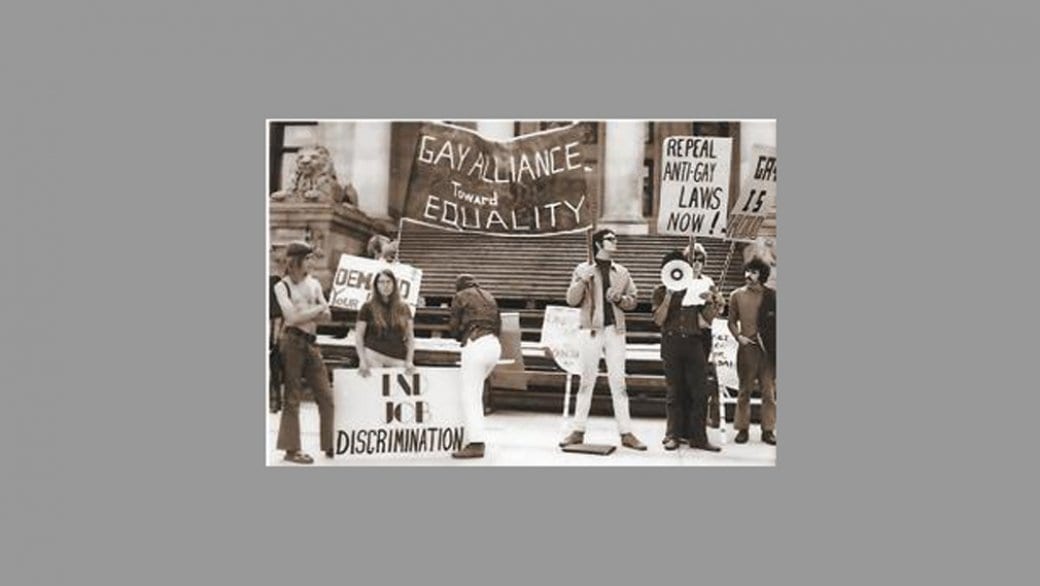The Canadian government is considering pardons for people convicted of gay sex before its partial decriminalization in 1969 — but one group says that’s not enough.
“What we’re saying is that a pardon needs to be extended beyond 1969 to include all consensual homosexual activity, and it clearly must include an official state apology to people who were purged from the public service and the military,” says Gary Kinsman, a spokesperson for the We Demand an Apology network and a professor of sociology at Laurentian University.
The network, formed in March 2015, is an alliance of people who were purged from the public service and the military, as well as researchers and allies.
“The Canadian state has never apologized for this at all,” Kinsman says. “People’s careers were destroyed, their lives were destroyed, and nothing’s ever happened in terms of even an official apology to them.”
The federal government agreed to consider pardons following a Globe and Mail piece that investigated the life of Everett George Klippert, who was labelled a dangerous offender for consensual sex. Klippert’s case prompted the federal government to amend the Criminal Code in 1969 to decriminalize sex between two men, as long as they were both over 21 and the acts were taking place in private.
Despite the Criminal Code changes, Klippert remained imprisoned until 1971. And many gay people were still charged and convicted for a variety of offences related to consensual sex, such as gross indecency.
Alongside this continued criminalization, Kinsman estimates that thousands of gay men and lesbians were kicked out of public service jobs and the military between the 1950s and the 1990s.
There’s also a direct link, he says, between the criminalization of consensual homosexual activities and the national security campaigns against lesbians and gay men.
“This was one of the fundamental ways in which they got information on who was gay or lesbian in the public service and the military,” he says. Kinsman says people he’s spoken to claim the RCMP would threaten people with a Criminal Code offence unless they provided names of their lesbian and gay friends.
If any of the people named were in the military or worked as a public servant, that information would be used against them, he says.
“The other linkage is, of course, if someone in the public service and the military during that period of time was convicted or even charged with an offence for consensual homosexual activity they would also lose their position,” Kinsman continues.
The RMCP employed a variety of methods to root out gay people, he says, including the infamous “fruit machine,” a device that attempted to identify gay people by measuring their physiological responses while watching pornography.
Kinsman says an apology would be an important first step in addressing the many wrongs done by Canada to queer people.
“It will mean that the Canadian state will take responsibility for what it did during what I describe as the Canadian war on queers,” he says.

 Why you can trust Xtra
Why you can trust Xtra


